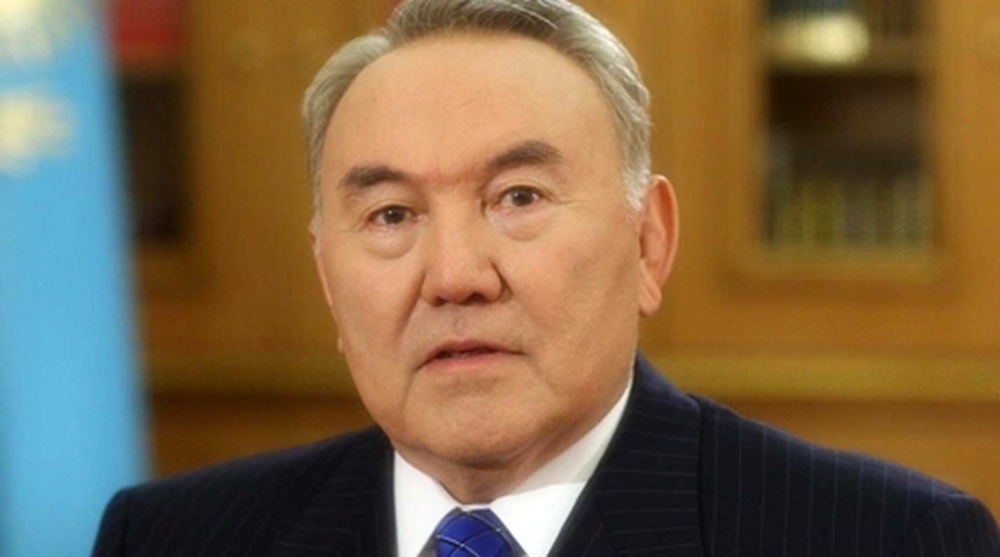
Kazakhstan’s President Nursultan Nazarbayev signed a decree to ratify the Agreement on concerted principles of currency policies signed in Moscow in December 2010 by the Customs Union states. Kazakhstan’s Senate had ratified the Agreement early May. The sides undertake to pursue an economic policy to harmonize approaches to forming their respective currency policies and to raise confidence in the national currencies of the Customs Union states both inside and outside their respective currency markets. Earlier Gregory Marchenko, Chairman of the National Bank, underlined that the Customs Union member states – Kazakhstan, Russia, Belarus – should pursue a concerted currency policy in order to prevent exchange rates steep fluctuations of the countries’ currencies. Mr. Marchenko cited example of concerted currency policy of the European countries: before the introduction of the single currency they undertook not to devalue their national currencies by more than 5%. “I believe we should move in the same direction”, Chairman of the National Bank said at that time. “Should central banks of the Customs Union member states take some actions related to their currency exchange rates, it would be wise to make sure these actions are concerted …and [devaluation/appreciation] figures are the similar”. There is no immediate probability of currency devaluation for Kazakhstan, Deputy Chairman of the National Bank Bissengali Tadjiyakov stated May 24, following the devaluation of the Belarus currency by over 50%. The Customs Union between Russia, Kazakhstan and Belarus came into existence on January 1, 2010 to boost trade and investment. According to the statement made at the press-conference in Minsk, the Customs Union was formed on the WTO principles.





Kazakhstan’s President Nursultan Nazarbayev signed a decree to ratify the Agreement on concerted principles of currency policies signed in Moscow in December 2010 by the Customs Union states.
Kazakhstan’s Senate had ratified the Agreement early May.
The sides undertake to pursue an economic policy to harmonize approaches to forming their respective currency policies and to raise confidence in the national currencies of the Customs Union states both inside and outside their respective currency markets.
Earlier Gregory Marchenko, Chairman of the National Bank, underlined that the Customs Union member states – Kazakhstan, Russia, Belarus – should pursue a concerted currency policy in order to prevent exchange rates steep fluctuations of the countries’ currencies.
Mr. Marchenko cited example of concerted currency policy of the European countries: before the introduction of the single currency they undertook not to devalue their national currencies by more than 5%.
“I believe we should move in the same direction”, Chairman of the National Bank said at that time. “Should central banks of the Customs Union member states take some actions related to their currency exchange rates, it would be wise to make sure these actions are concerted …and [devaluation/appreciation] figures are the similar”.
There is no immediate probability of currency devaluation for Kazakhstan, Deputy Chairman of the National Bank Bissengali Tadjiyakov stated May 24, following the devaluation of the Belarus currency by over 50%.
The Customs Union between Russia, Kazakhstan and Belarus came into existence on January 1, 2010 to boost trade and investment. According to the statement made at the press-conference in Minsk, the Customs Union was formed on the WTO principles.

 +7 (777) 001 44 99
+7 (777) 001 44 99



 Қазақша
Қазақша Русский
Русский English
English














































